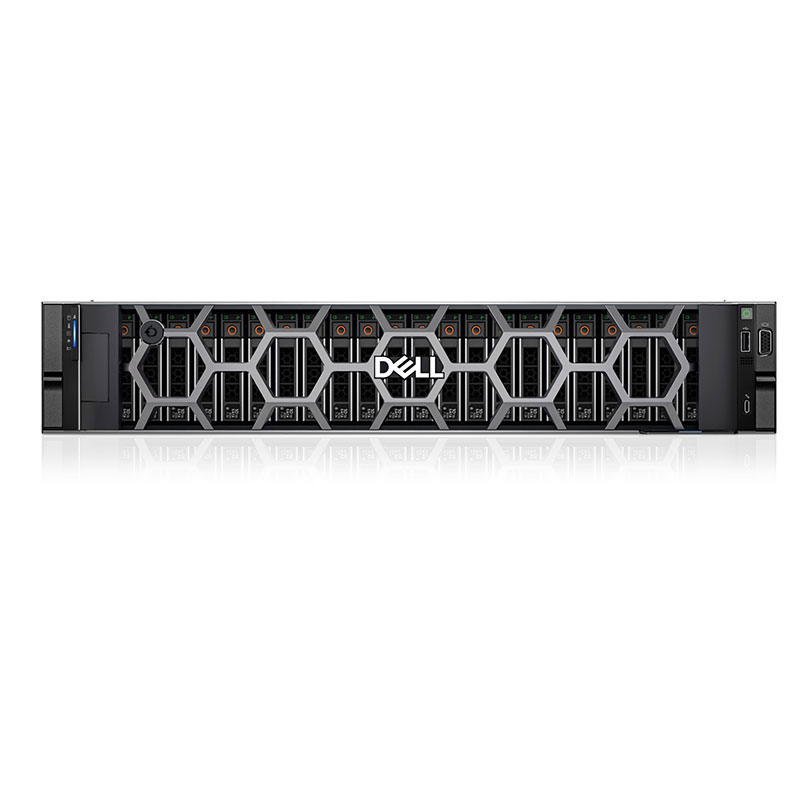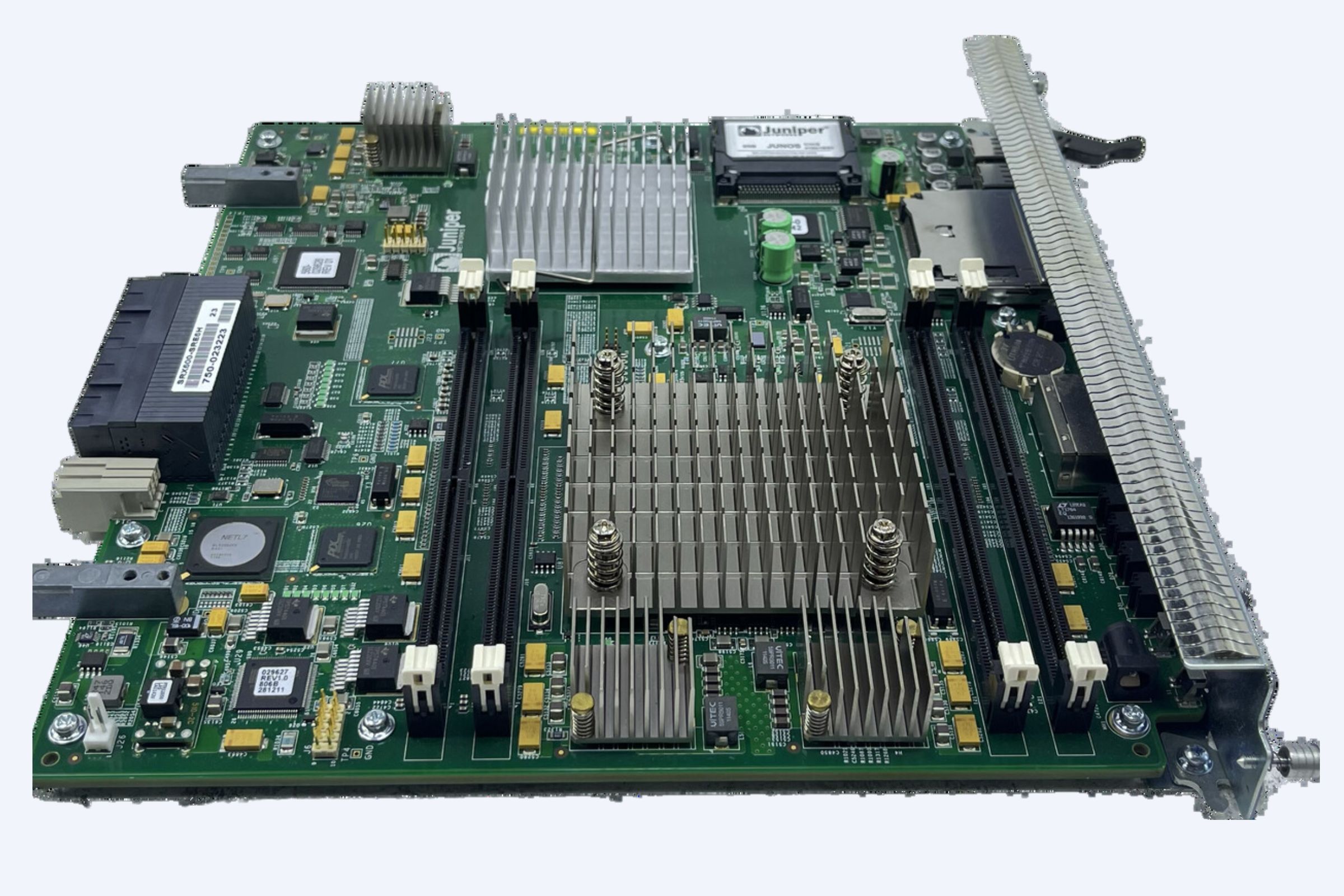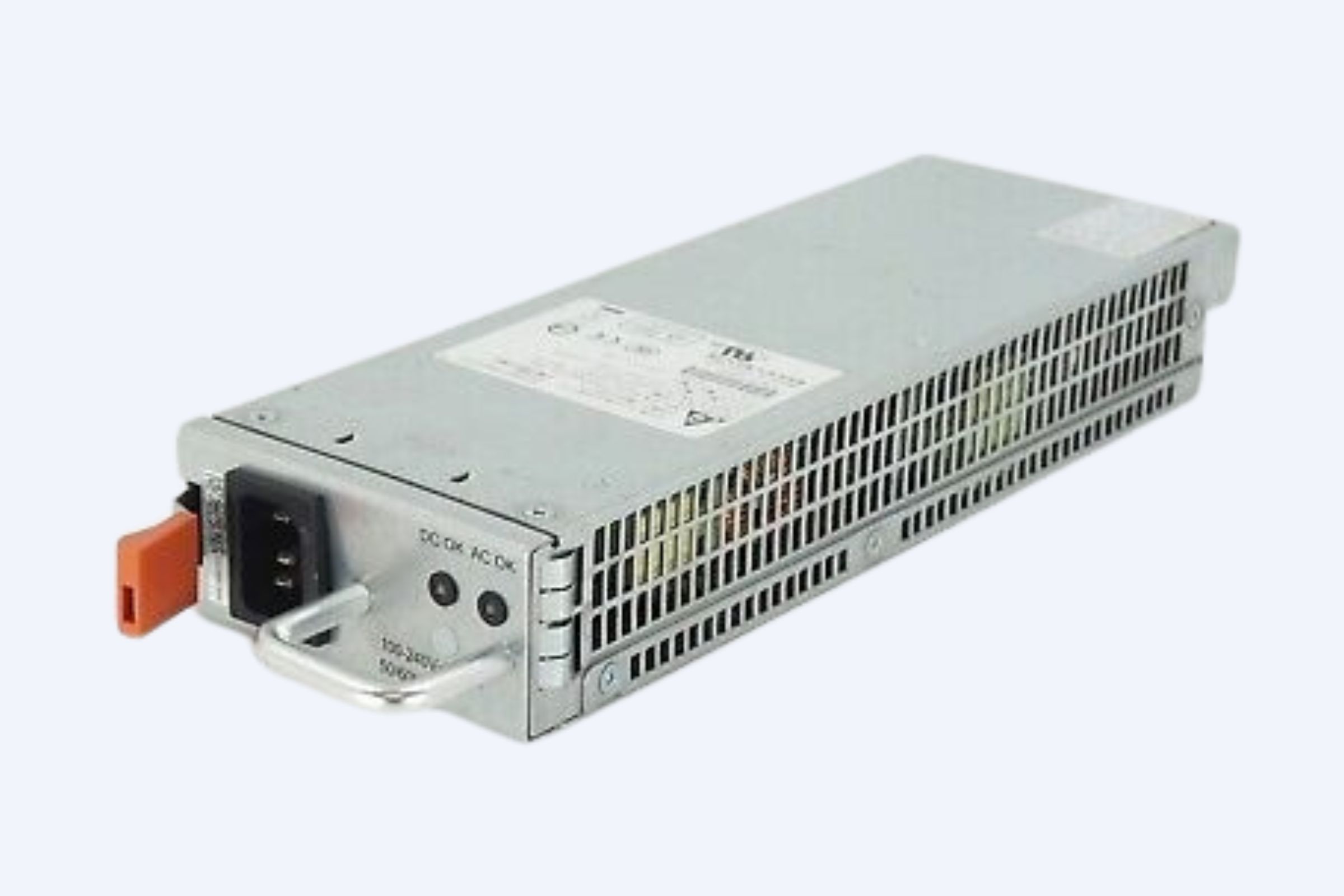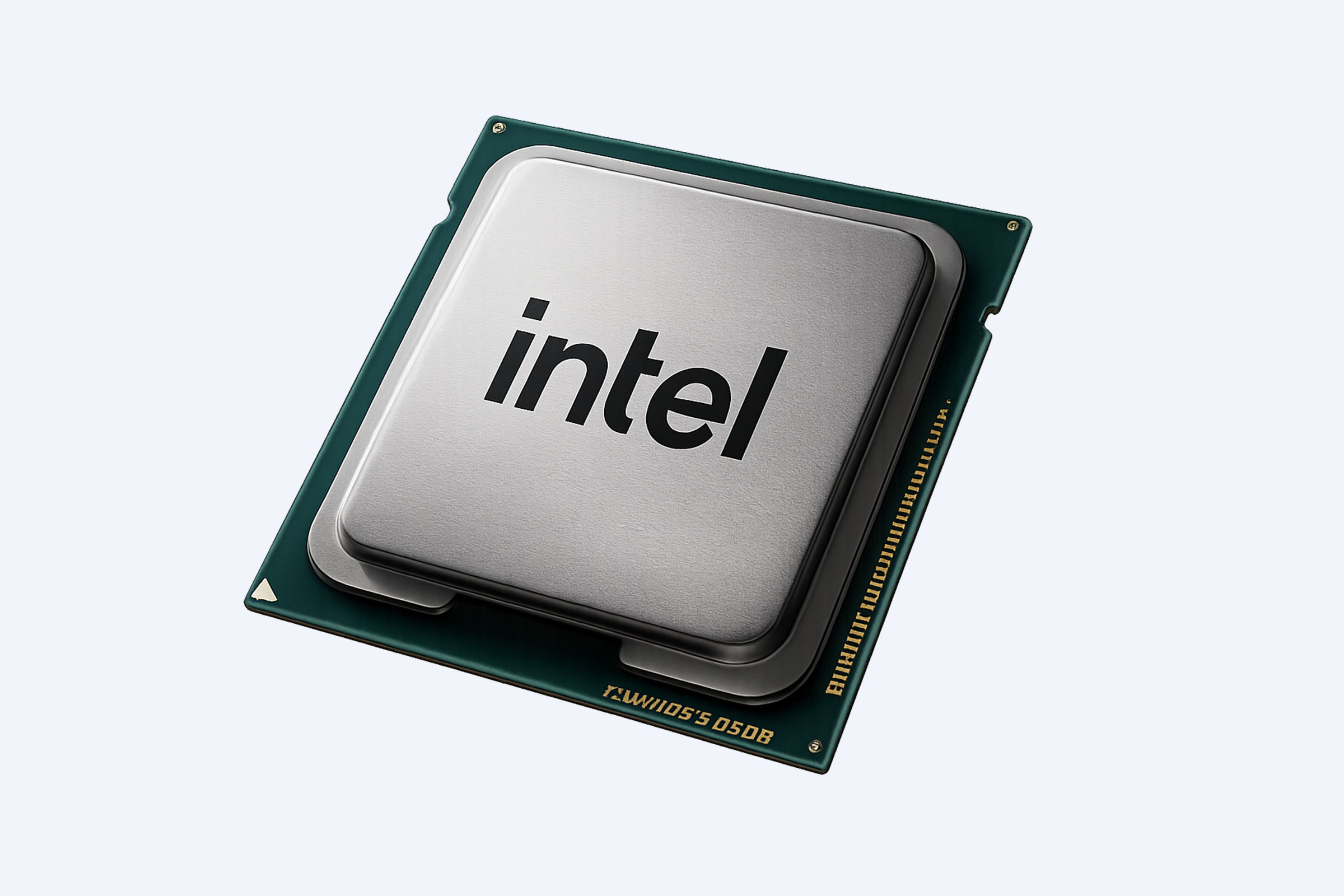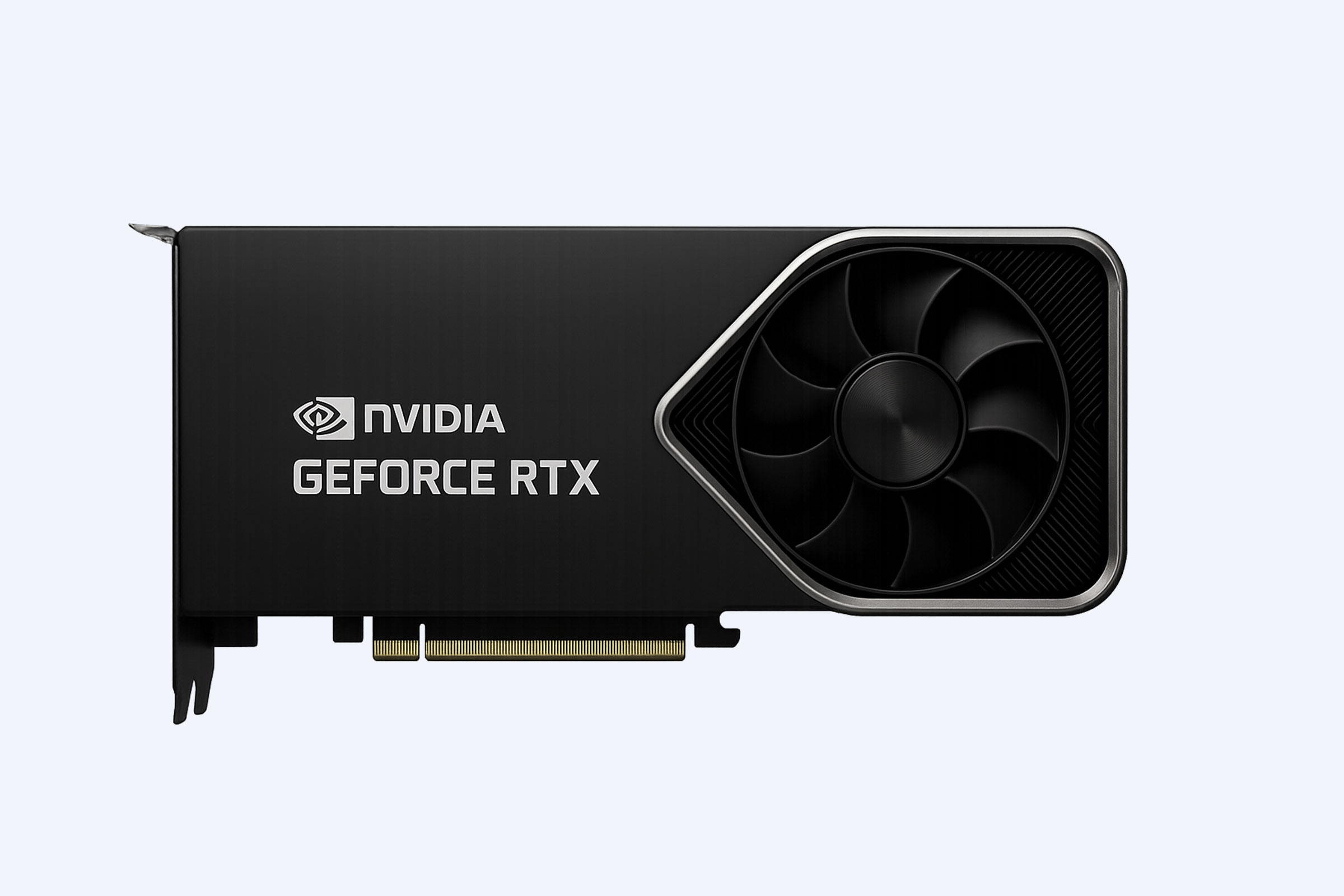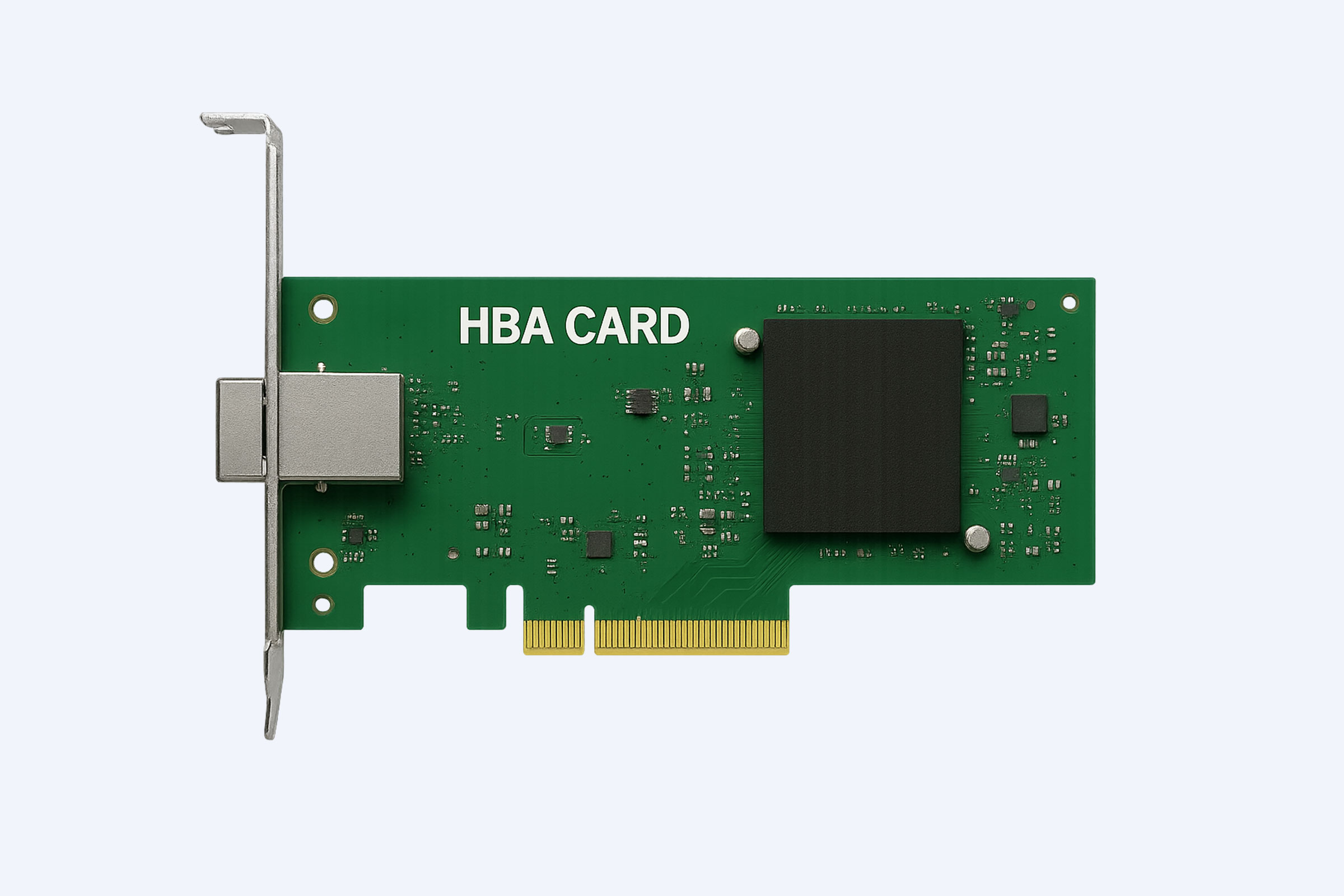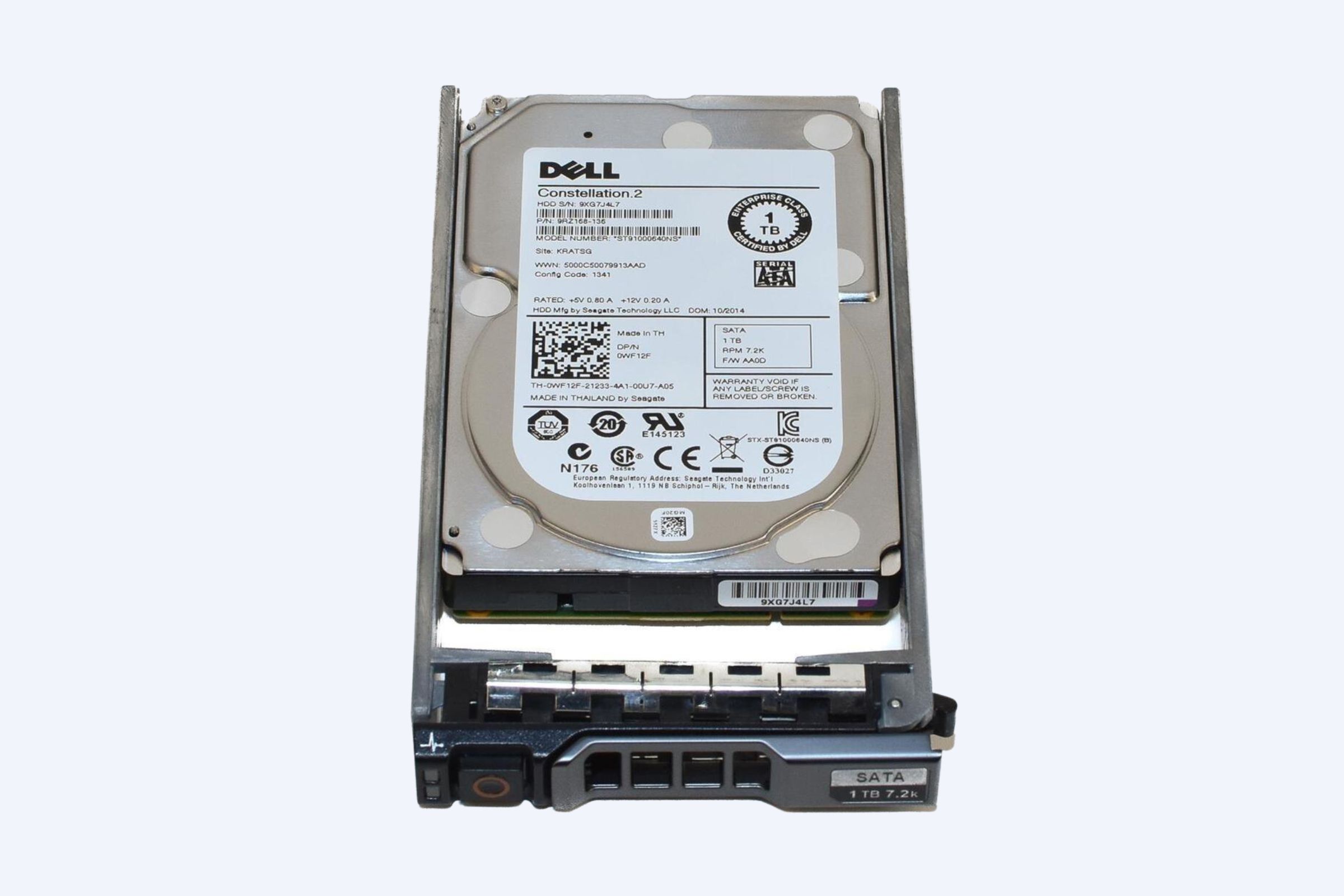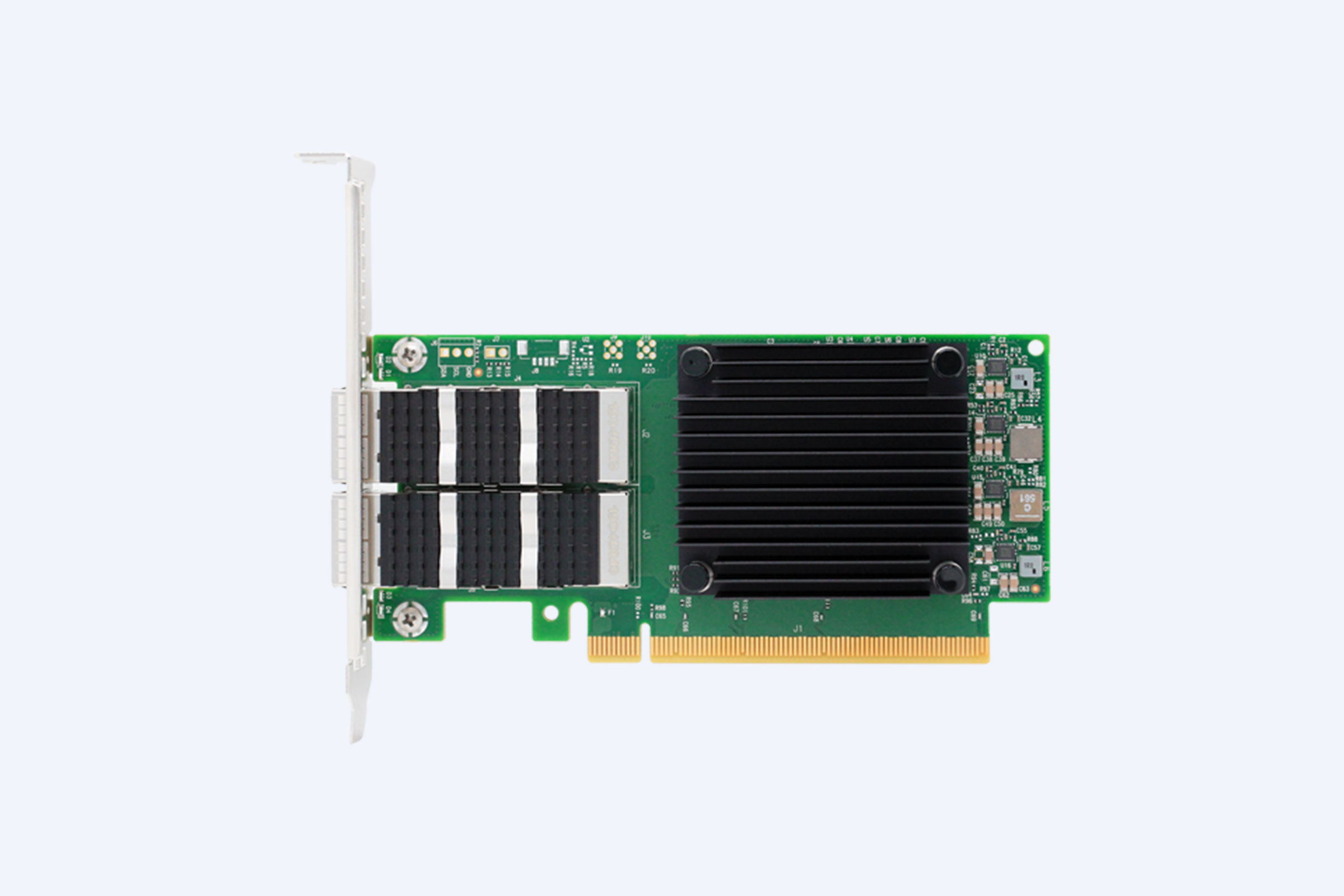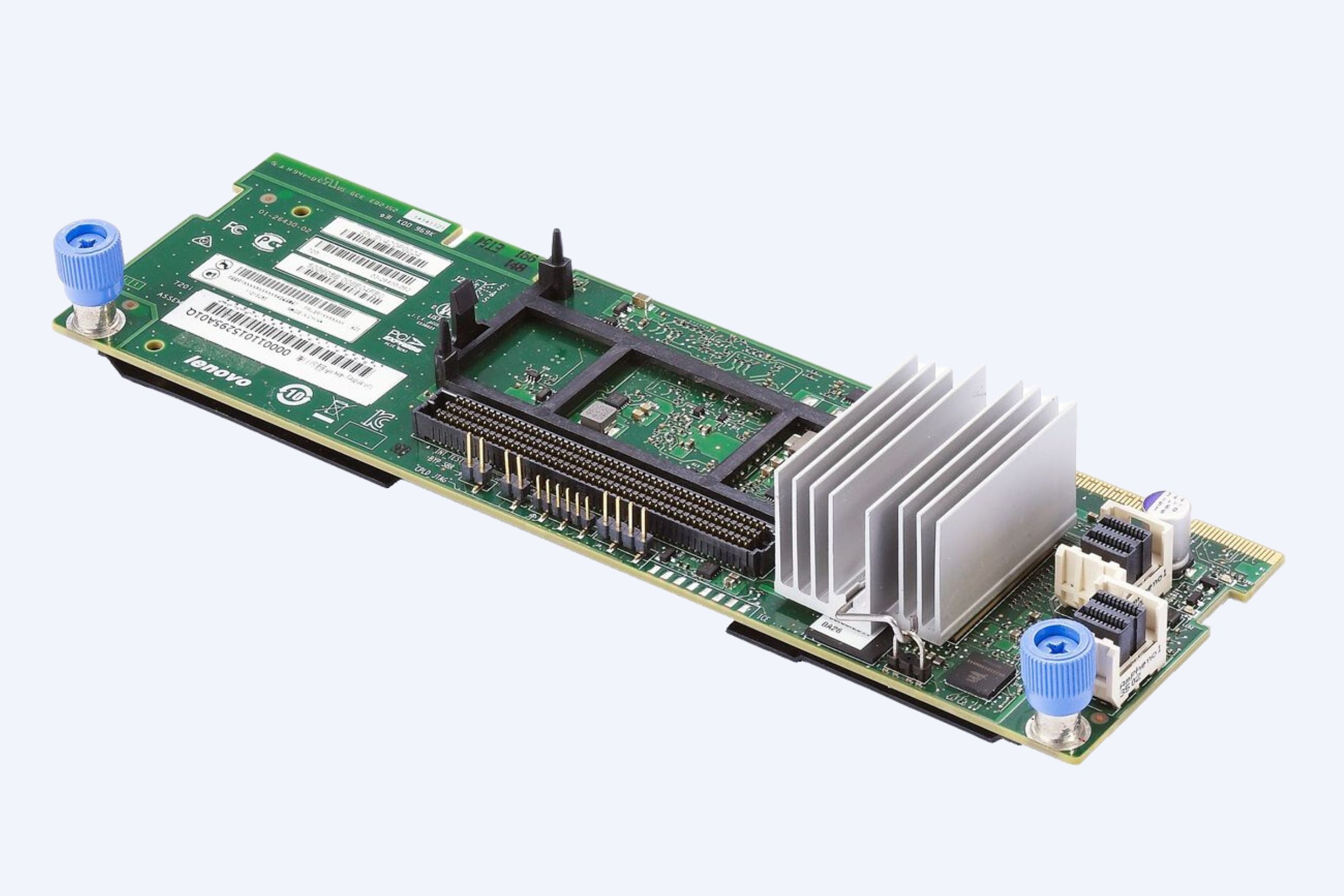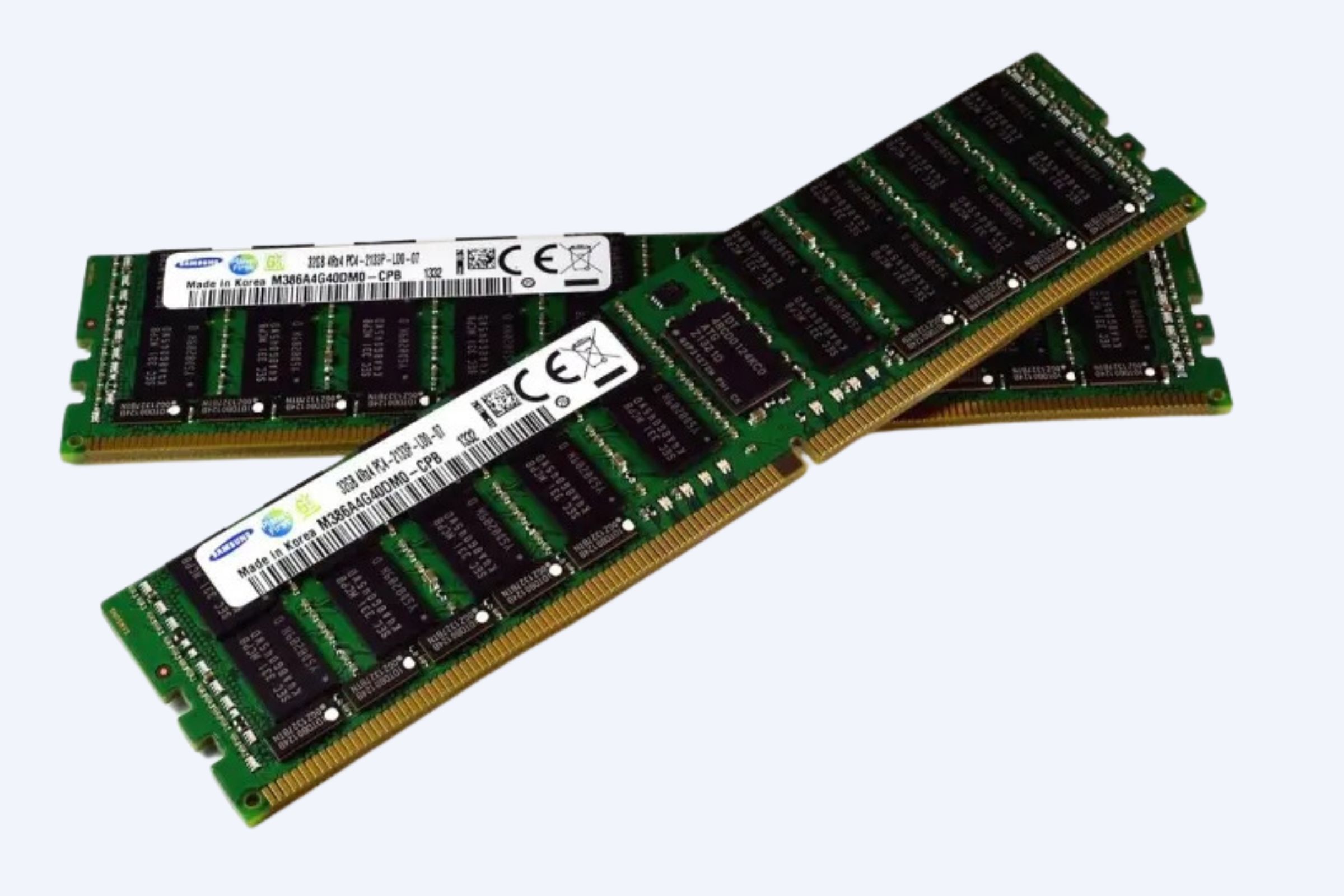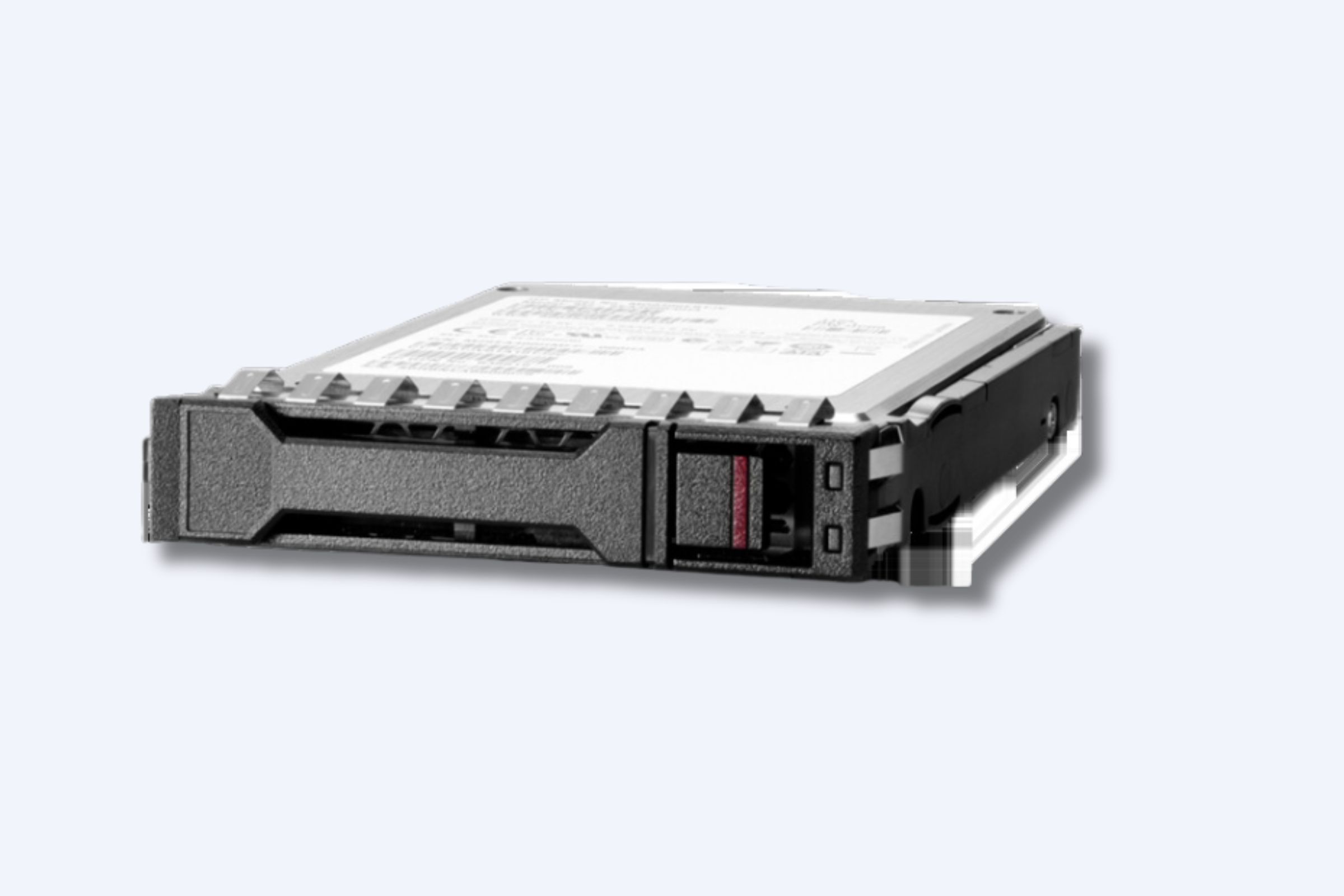The Dell R760 is a powerful 2U rack server built for demanding enterprise workloads, featuring dual 4th or 5th generation Intel Xeon Scalable processors, up to 8TB DDR5 memory, and advanced PCIe Gen5 expansion. It excels in virtualization, AI, database management, and high-performance applications with excellent configurability and energy efficiency.
What Are the Key Features of the Dell R760?
The Dell R760 boasts a dual-socket setup supporting up to two 4th or 5th generation Intel Xeon Scalable CPUs with up to 64 cores each, delivering up to 112 physical cores and 224 threads with hyper-threading. It supports up to 8TB of DDR5 memory across 32 DIMM slots, PCIe Gen5 slots for high-speed connectivity, and flexible storage options including up to 24 NVMe or 16 SAS/SATA drives. Its Smart Flow chassis design optimizes airflow, reducing fan power by over 50%, and improving cooling efficiency.
This server also supports GPU configurations, including up to 2 double-wide or 6 single-wide GPUs, making it suitable for accelerated computing workloads like AI and machine learning, with optional direct liquid cooling for thermal-intensive setups. Additionally, the integrated Dell iDRAC9 management facilitates remote monitoring and simplified system administration.
How Does the Dell R760 Perform in Real-World Applications?
The Dell R760 delivers exceptional performance across various workloads including virtualization, database analytics, VDI, and AI with its high core count CPUs and large memory capacity. Benchmark tests show the R760 can handle 20% more VDI users and over 50% more SAP users compared to previous generations.
Its ability to combine up to 112 cores, 8TB RAM, and PCIe Gen5 supports heavy data processing and computation-intensive applications. These features make the R760 ideal for enterprises seeking high throughput, low latency, and reliable performance in mission-critical environments.
Which Workloads Are Best Suited for the Dell R760?
The Dell R760 excels in:
-
Virtualization and cloud infrastructure with high VM density
-
AI and machine learning workloads benefiting from GPU configurations
-
Software-defined storage (SDS) and database analytics
-
Virtual Desktop Infrastructure (VDI) and enterprise applications
-
High-performance computing (HPC) and big data analytics
Its flexible configurations allow businesses to tailor hardware for mixed workloads, balancing CPU, memory, storage, and acceleration. This makes it a versatile choice for both general-purpose and specialized workloads.
Why Should Enterprises Choose the Dell R760 Over Competitors?
Compared to servers like the HPE ProLiant DL380 Gen11, the Dell R760 offers higher GPU support with up to 8 PCIe Gen5 slots and enhanced thermal management via the Smart Flow chassis. The R760’s flexibility in storage options, including support for Gen5 NVMe SSDs, gives it an edge in storage performance.
Dell’s renowned iDRAC management and ProDeploy services simplify deployment and lifecycle management, reducing administrative overhead. Wecent’s partnership with Dell ensures enterprises receive fully certified, high-quality servers like the R760, optimized for reliability and efficiency.
How Does Dell Ensure Reliable Management and Security in the R760?
Dell incorporates advanced management tools such as the iDRAC9 remote access controller, enabling IT teams to monitor, configure, and troubleshoot servers remotely with ease. The server also features robust security including silicon Root of Trust, TPM 2.0, Secure Boot, and system lockdown capabilities.
Dell OpenManage further streamlines IT operations by automating deployment, updates, and monitoring. These integrated technologies ensure uptime and protect sensitive enterprise data, aligning with Wecent’s focus on providing secure, durable IT infrastructure.
What Are Common Reliability Considerations for the Dell R760?
Like any high-performance hardware, occasional issues can arise such as storage controller or motherboard failures. However, Dell backs the R760 with extensive ProSupport services including next-business-day parts replacement.
Wecent emphasizes the importance of active support contracts and professional maintenance to minimize downtime. The server’s modular design also facilitates easy serviceability, making component replacements straightforward. Enterprise customers benefit from responsive support and proactive system health monitoring.
How Energy Efficient Is the Dell PowerEdge R760?
The R760’s Smart Flow chassis design enhances airflow dynamically, reducing fan power consumption by up to 52% compared to previous generations. This results in significant energy savings while supporting powerful CPUs and high GPU counts.
Reduced cooling costs paired with efficient hardware mean enterprises gain better performance per watt. Such sustainable design aligns with modern data center energy goals and contributes to lower total cost of ownership.
Does the Dell R760 Support Flexible Storage Configurations?
Yes, the R760 supports multiple storage layouts, including:
| Drive Type | Max Quantity |
|---|---|
| 2.5″ SAS/SATA/NVMe | Up to 24 |
| 3.5″ SAS/SATA | Up to 16 |
| NVMe E3.S Gen5 | Up to 16 |
This flexibility lets organizations mix and match storage to optimize capacity, speed, and redundancy. Support for the latest SAS4 and NVMe Gen5 technologies enables blazing-fast data access for I/O intensive applications.
How Can the Dell R760 Be Customized for GPU-Intensive Use Cases?
The Dell R760 offers up to 8 PCIe Gen5 slots and supports:
-
2 x double-wide GPUs (up to 350W each)
-
6 x single-wide GPUs (up to 75W each)
Configurations like the R760xa variant optimize airflow and chassis depth for GPU-heavy workloads, ideal for AI, ML, and HPC environments. Optional liquid cooling further enhances thermal management in intensive GPU scenarios.
What Makes Wecent a Trusted Supplier for the Dell R760?
Wecent Technology, headquartered in Shenzhen, offers over 8 years of experience supplying enterprise-class servers like the Dell R760. Partnering with Dell and other global brands, Wecent ensures clients receive fully certified, original products with reliable warranties.
Wecent focuses on tailoring solutions to enterprise needs, offering professional guidance and optimized pricing to simplify IT operations. Their global customer support revolves around quality, efficiency, and trust, making Wecent a preferred partner for high-performance server infrastructure.
Wecent Expert Views
“Dell PowerEdge R760 represents a significant leap in enterprise server technology, combining unmatched processing power, scalability, and energy efficiency. Its support for the latest Intel Xeon processors, DDR5 memory, PCIe Gen5, and flexible storage options makes it versatile for any intensive workload. At Wecent, we highlight the R760’s superior remote management and modular design that dramatically reduce operational complexity and downtime risks. This server empowers businesses to innovate rapidly while maintaining resilient and streamlined IT ecosystems.”
Conclusion
The Dell R760 is a top-tier, enterprise-class server engineered for demanding workloads including virtualization, AI, databases, and HPC. Its combination of cutting-edge Intel processors, DDR5 memory, advanced PCIe Gen5 expansion, and innovative cooling design delivers outstanding performance, energy efficiency, and flexibility.
Enterprises looking for scalable, reliable, and manageable infrastructure will benefit greatly from the R760’s broad configurability and strong support ecosystem through partners like Wecent. Investing in the R760 ensures robust computing power and future-proof capabilities for evolving business needs.
FAQs
1. How much memory can the Dell R760 support?
Up to 8TB of DDR5 memory across 32 DIMM slots.
2. Can the Dell R760 handle GPU workloads?
Yes, it supports up to 2 double-wide or 6 single-wide GPUs for AI and ML tasks.
3. What type of processors does the Dell R760 use?
It supports dual 4th or 5th generation Intel Xeon Scalable processors with up to 64 cores each.
4. Does the R760 support remote server management?
Yes, it includes Dell iDRAC9 for comprehensive remote monitoring and management.
5. How energy efficient is the Dell R760?
The Smart Flow chassis design reduces fan power by up to 52%, enhancing energy efficiency.



